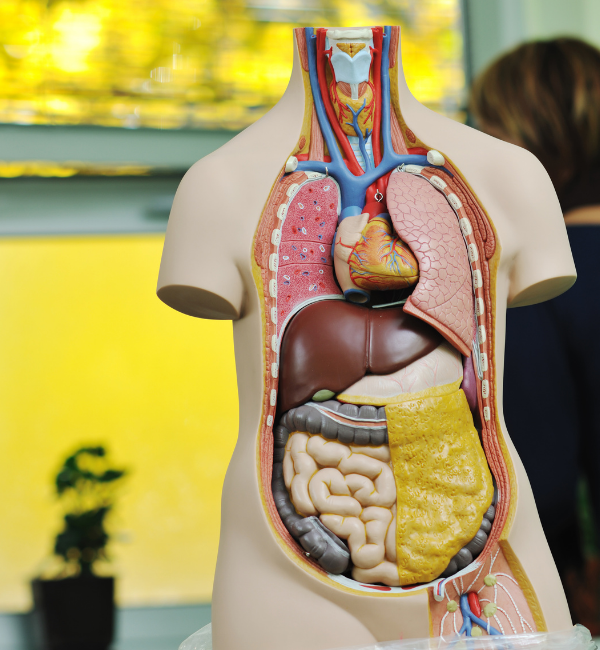What's That Smell? Holiday Scent Guessing Game


This activity from the Feast for the Senses Lending Library kit is great for community booths. The attached discovery card is Christmas/holiday themed. Participants try to guess the smell of various bottles.
What You Need
- What's that Smell? Holiday Scent Discovery Mat
- 6 small jars with lids each with a difference scent in it:
- Cinnamon
- Pine tree freshener
- Gingerbread you can get scented candles/sprays
- Cranberry you can get scented candles/sprays
- Candy cane peppermint spray
NOTE: You can use whatever scents you like, this example is Holiday themed.
Safety Notes
Ensure you are familiar with Let's Talk Science's precautions with respect to safe virtual outreach to youth.
What To Do
- Have the mat out with the answer options.
- Have youth smell each bottle one at a time to see if they can match the bottles with the correct scent.
Note: You can mark the bottoms of the bottles so that you know the answers.
Sample Questions:
Do you remember smelling something like this before?
What do you think of when you smell this scent?
Why do you think it's important to have a sense of smell?
What are your other senses?
Discovery
Our sense of smell is very important to us. It provides us with information about the world around us. Smell can help animals find food, avoid predators or choose a mate. Humans are able to distinguish over 10,000 different smells but some animals such as dogs can distinguish over 200 thousand different smells. Smell lets us know when we shouldn't eat something, if it smells rotten and it also sends messages to the brain that help us taste when we're eating. Smell also protects animals from danger. For instance, if you smell smoke, you know there might be a fire nearby.
What's Happening?
Our sense of smell is very important to us. It provides us with information about the world around us. Smell can help animals find food, avoid predators or choose a mate. Humans are able to distinguish over 10,000 different smells but some animals such as dogs can distinguish over 200 thousand different smells. Smell lets us know when we shouldn't eat something, if it smells rotten and it also sends messages to the brain that help us taste when we're eating. Smell also protects animals from danger. For instance, if you smell smoke, you know there might be a fire nearby.